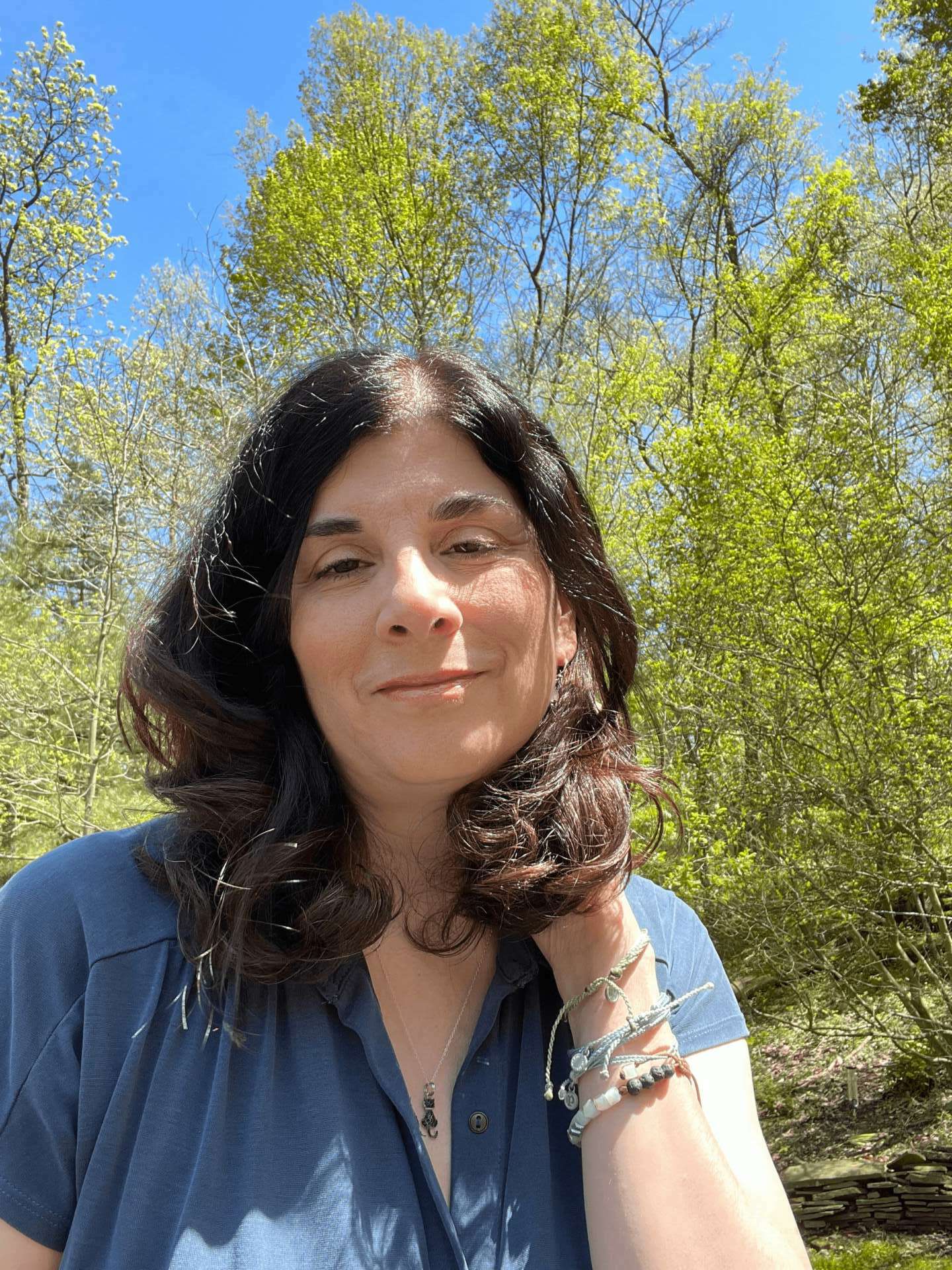We recently connected with Sabrina Fedel and have shared our conversation below.
Sabrina, thanks for joining us, excited to have you contributing your stories and insights. Can you open up about a risk you’ve taken – what it was like taking that risk, why you took the risk and how it turned out?
Putting words to paper, and then showing those words to other people, is inherently risky. Most people think that professional writers lay our words on the page and those words become immovable, the way decorative tiles are set into adhesive and grouted. But the reality is that many people will see, advise on, and shape our stories. Most writers have writing groups where they critique each other’s work, and then there are beta readers who read early versions and give feedback, as well as agents, editors, and copy editors who all give feedback on what they think is working and what isn’t. It can be really hard to listen to that feedback sometimes when it’s not as successful as we want it to be. An even bigger risk is when your words go out to the public and anyone can comment on your work. It’s painful when people don’t like a project that you’ve worked really hard on. But risk also teaches us a lot, because it’s something you have to learn to manage. You can’t reach your goals without taking some risks. Sometimes, even admitting what your goals are out loud is that risk, and sometimes it’s persevering through negative comments to keep reaching for your goals. I took the risk to write and send my work out, and with each rejection,I worked a little harder until I was able to reach my goals of being a published author. I couldn’t have done that without taking the risks that go with it.
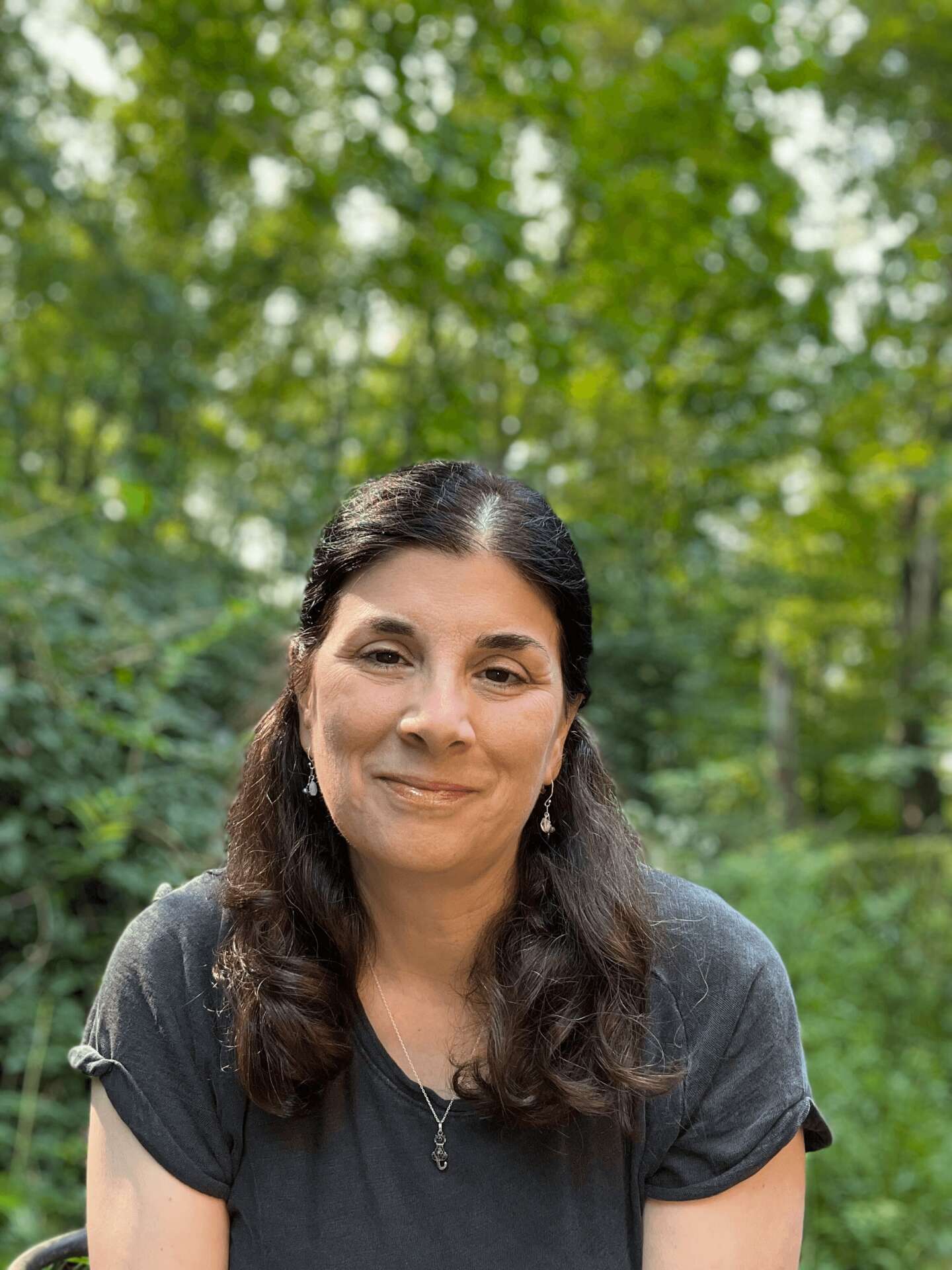
Awesome – so before we get into the rest of our questions, can you briefly introduce yourself to our readers.
I’ve always wanted to be a writer, probably because I really loved to read from the time I was little. I was a total daydreamer growing up, and now I get to be paid for it! I also really love to write because it helps you figure out the world, and see different perspectives. I love to write stories that are infused with humor, but that dig down into emotional truths, too. My latest novel, All Roads Lead to Rome, is mostly a light-hearted romcom, but it also explores themes of class and looks at how society treats people who love someone with substance use disorder. These are really important subjects to me, so I was thrilled when my publisher supported my vision for this book. My next book, All Paths Lead to Paris, which will come out next year, explores learning disabilities and growing up in a fractured family, and I love being able to write about serious issues while still writing a fun, feel-good romance story. I tend to write stories with protagonists who are born thirty, because that’s the kind of kid I was, and there aren’t a lot of books for those kids, but then a lot of adults also like my writing. What makes me most proud about being a writer, is when I do school visits and some young person is really excited to meet me because my work meant something important to them and helped them in some way. That’s the very best part of being a writer for me.
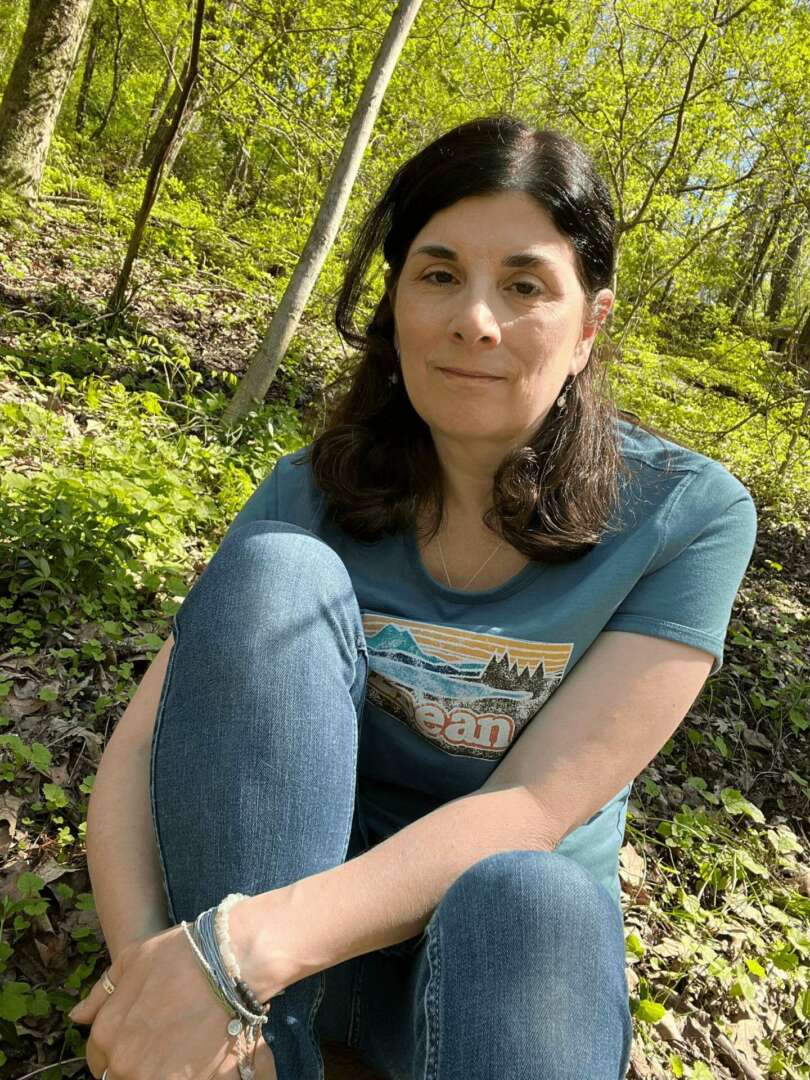
Are there any resources you wish you knew about earlier in your creative journey?
Something I wish I had known about earlier in my writing career is how wonderful and supportive creative communities are. I’ve found so much inspiration, help, and moral support from the writing groups and organizations that I’ve belonged to. One of those is the Society of Children’s Book Writers and Illustrators, which is a really lovely community of creatives focused on bringing books to kids. It’s also where I found my first writers’ group. If you want to be a writer, I can’t stress enough how important it is to have supportive critique partners. By supportive, I don’t mean people who will only tell you that your work is wonderful because you need people who will be honest with you, but you should never be in a group where people are unkind while being honest. Even in writing for kids, you’ll find some people who would rather tear others down than help you build something. But the vast majority of writers that I know, across all age groups and genres, are really empathetic and wonderful people who enjoy seeing others succeed. Also, as a writer, librarians and booksellers are great resources for feedback and information because they love books as much as you do!
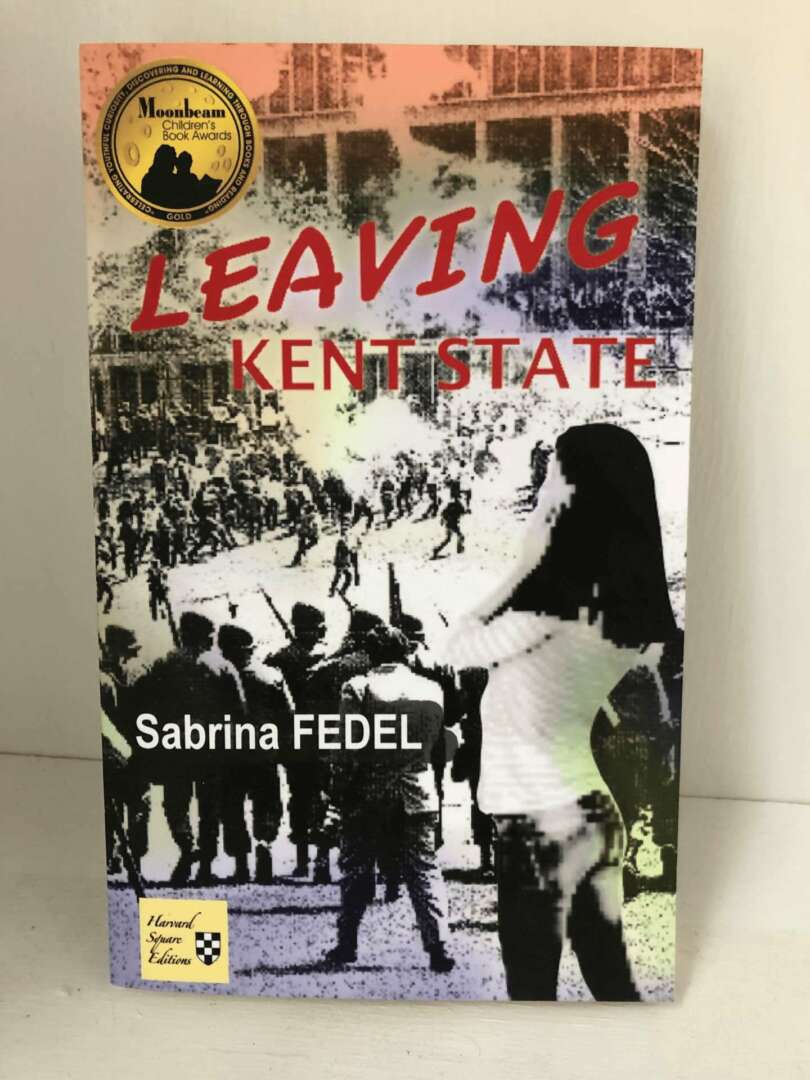
We’d love to hear a story of resilience from your journey.
People often ask me for that “one piece of advice” for being a writer and it’s that you have to be resilient. You have to be able to separate yourself from your work, so that when people criticize your work, you don’t feel they are criticizing you personally. Also, you need to be able to know when someone’s critique isn’t coming from a genuine place of trying to help you improve. Many years ago, I had a picture book manuscript critiqued by an editor who presented at a conference I attended, and she went out of her way to be cruel about all the things she didn’t like about my story. At one point she said “this part here is okay, but then you ruin it down here.” That was the nicest thing she said to me in our ten minute session. I was really hurt. Then I found out that this editor had been even more unkind to my friend in her critique, and we heard the editor speak on how tough the business had been to her. My friend was a wonderful writer who went on to have a very successful career before her untimely death. Having my friend share her experience with me in that moment helped me put this editor’s opinions of me and my work into perspective and strengthen my resiliency. I used that experience to become more detached and more analytical about why someone was saying what they were about my work. Now, even when someone says something about my work that stings, I can usually evaluate the merit of what they are saying based on what I think their intentions are. I don’t mind criticism, even when it’s a bit harsh, when I know it’s coming from a place of genuine goodwill.
Contact Info:
- Website: https://sabrinafedel.com
- Instagram: https://www.instagram.com/sabrinafedel/
- Facebook: https://www.facebook.com/sabrinafedelauthor/
- Linkedin: https://www.linkedin.com/posts/sabrina-fedel
- Twitter: @writeawhile
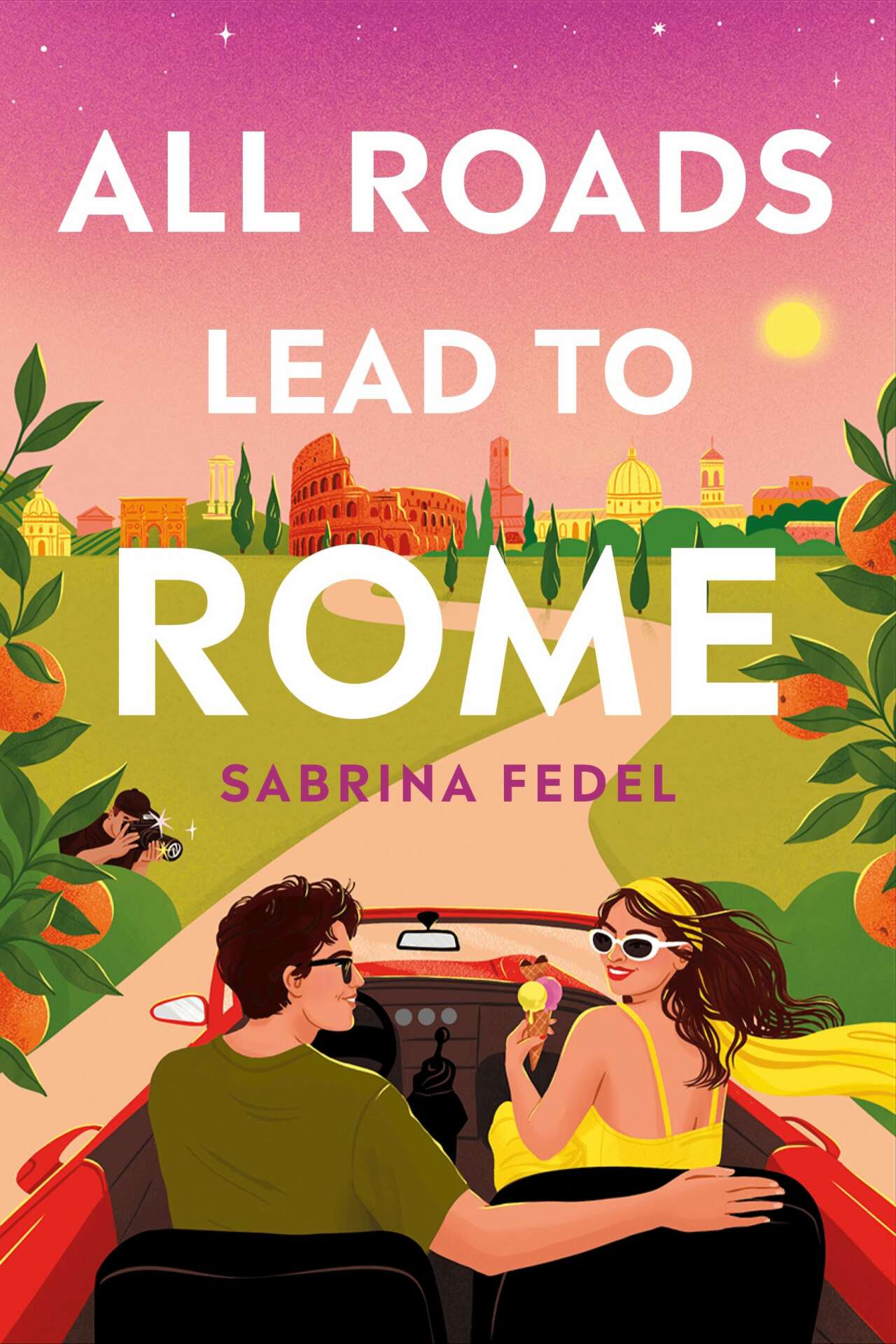
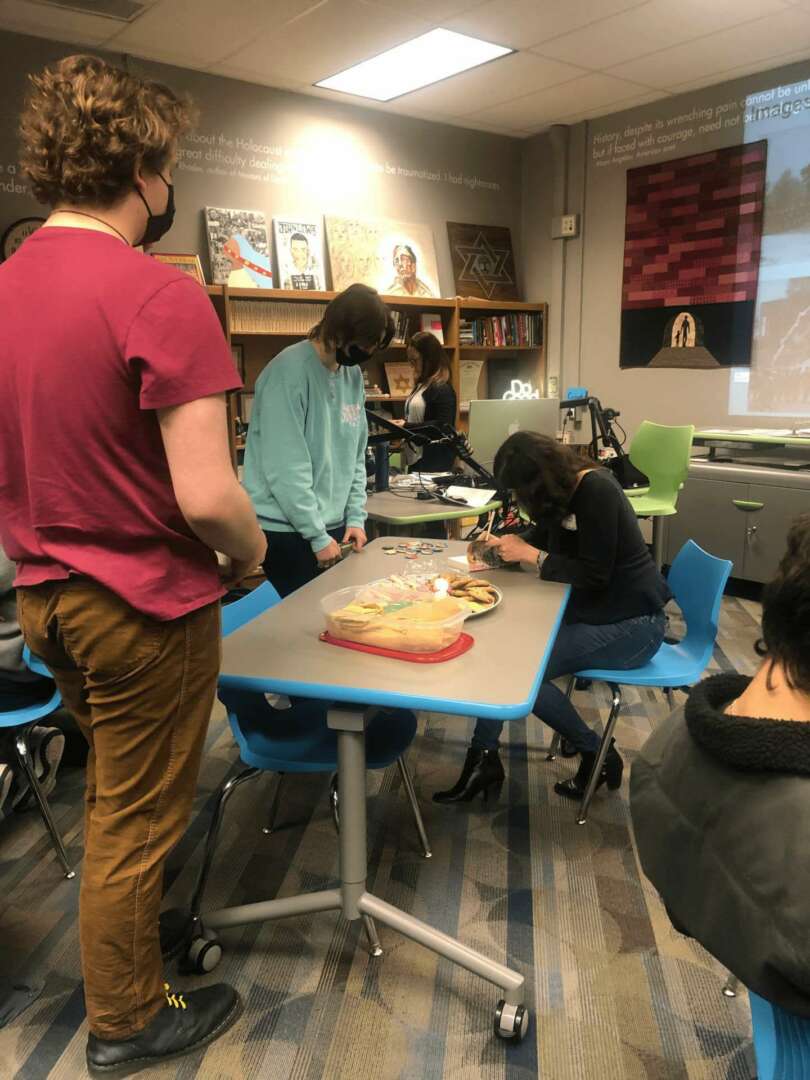
Image Credits
All Roads Lead to Rome cover image – Delacorte Press
personal images are from Sabrina Fedel
Leaving Kent State cover image from Sabrina Fedel


